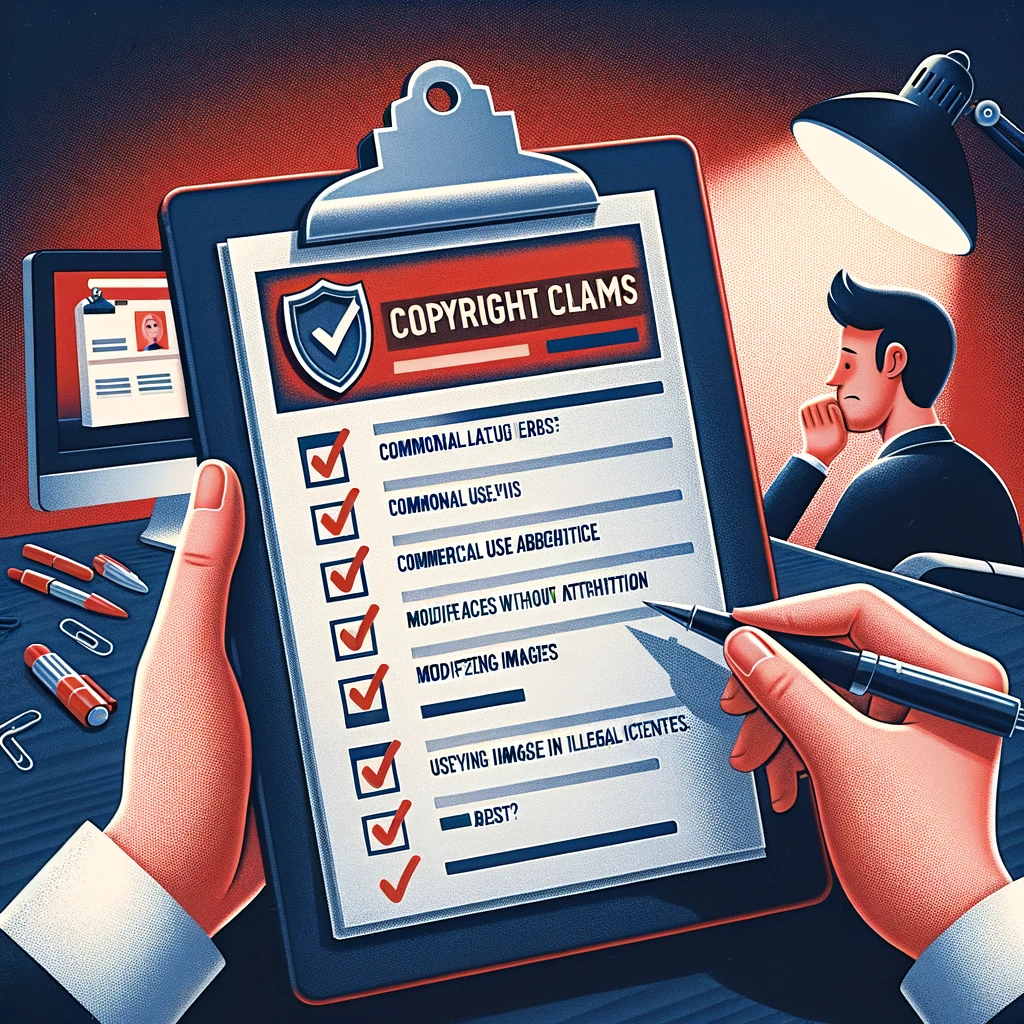Workplace injuries can disrupt your life in a matter of seconds. One moment you’re carrying out your regular duties, and the next, you’re sidelined with medical bills, lost income, and a lot of unanswered questions. Whether it’s a slip on a wet floor or a more serious injury from heavy machinery, knowing your rights and what steps to take next can make all the difference. If you’re unsure where to begin, call golden state workers compensation attorneys to help you navigate the process with confidence.
Not All Work Injuries Look the Same
Even if your job doesn’t involve hard labor, injuries can happen. And not all of them are the kind that you can see with the naked eye.
Common Types of Workplace Injuries
Let’s take a quick look at some injuries that regularly lead to claims:
- Repetitive strain injuries – Carpal tunnel syndrome isn’t just a tech worker’s problem. Repetitive motion over time can cause significant long-term damage.
- Back and neck injuries – These can occur in an instant or develop slowly over months, especially for those lifting or sitting for long periods.
- Slips, trips, and falls – From icy parking lots to unmarked wet floors, these are among the most common – and preventable – injuries.
- Hearing loss – Believe it or not, this is one of the most reported work-related conditions in industries with consistent exposure to loud environments.
- Mental health and stress-related injuries – Not all injuries are physical. In many cases, trauma, burnout, and chronic stress can lead to disability claims too.
Fun Fact: According to the National Safety Council, a worker is injured on the job every seven seconds. That’s about 510 injuries every hour!
Your Rights After a Workplace Injury
Being injured doesn’t mean you’re on your own. In most situations, workers are entitled to specific benefits – and it’s illegal for an employer to retaliate against you for filing a claim.
After a workplace injury, you’re generally entitled to:
- Medical care related to your injury
- Temporary or permanent disability benefits
- Job retraining or support returning to work
- Compensation for lost wages or reduced earning capacity
Of course, getting those benefits isn’t always automatic. That’s why knowing how to protect your rights is crucial.
Don’t Wait – Report and Document Everything
Timing matters when it comes to filing a workplace injury claim. The longer you wait, the harder it can be to prove your case – or even be eligible for compensation.
Here’s what to do immediately after an injury:
- Report it to your supervisor. Even if it seems minor at first, reporting it creates an official record.
- See a doctor. Some workplaces require you to visit a specific provider. Follow the process, but always seek medical attention.
- Document the details. Photos, witness statements, and written accounts can be valuable if your case is challenged.
- Track your expenses. Medical bills, travel to appointments, and lost wages should be recorded in detail.
Quick Tip: Don’t downplay your symptoms. Trying to “tough it out” can hurt your health, and your claim.
Why Legal Help Makes a Difference
Navigating the legal system after an injury can be overwhelming. And when you’re trying to recover, the last thing you want is to deal with insurance headaches or worry about missing deadlines. That’s why many people start by checking out the liberty bell workers compensation site – it’s a helpful place to get clear answers and figure out what to do next.
Here’s where professional guidance comes in handy:
- They know the system. From paperwork to appeals, a legal professional understands how to avoid common mistakes.
- They fight for fair compensation. Insurance companies may offer lowball settlements. A lawyer ensures you’re not shortchanged.
- They handle the pressure. While you heal, someone else is handling the calls, negotiations, and legal strategy.
When Should You Speak to a Lawyer?
If your injury is minor and your employer is cooperating, you might not need legal help. But consider reaching out if:
- Your claim is denied or delayed
- You’re facing long-term or permanent injury
- Your employer is retaliating or pressuring you not to file
- You’re offered a settlement that doesn’t cover your losses
- You’re unsure what benefits you’re eligible for
Bonus Fact: Studies show that workers who hire a lawyer typically receive significantly higher settlements than those who don’t.
Healing Takes Time – But Don’t Lose Time on Your Claim
Physical recovery is your priority – but protecting your financial future matters too. Understanding your rights, acting quickly, and knowing when to bring in help can change the entire course of your case.
Getting injured at work is never part of the plan. But knowing how to respond can help you get back on track faster – with the compensation and support you deserve


Alright, so I checked out 66winapp. It’s pretty decent, especially if you’re looking for a quick and easy betting experience. Nothing mind-blowing but it works! Gotta say, I’m somewhat impressed. Check it out yourself at 66winapp.
Thinking about becoming an affiliate? Checked out lunabetaffiliate and it looks pretty promising. Anyone have experience with them? lunabetaffiliate
Okay, f168okvip is giving off some VIP vibes. Let see if it’s worth the hype. Worth a look if you’re looking for something a bit different.
Gonna attempt to log in to jljl1login. Hope I remember my password! Quick and easy login here: jljl1login
Heard jili2 is the spot! Gotta see what all my friends are talking about. Jili2 is the only place to bejili2
JLJL99AppLogin, I see you! Honestly, sometimes logging in is the biggest hurdle. This app seems to streamline that process, which is a huge win in my book. Makes gaming so much faster and more enjoyable. Try it: jljl99applogin